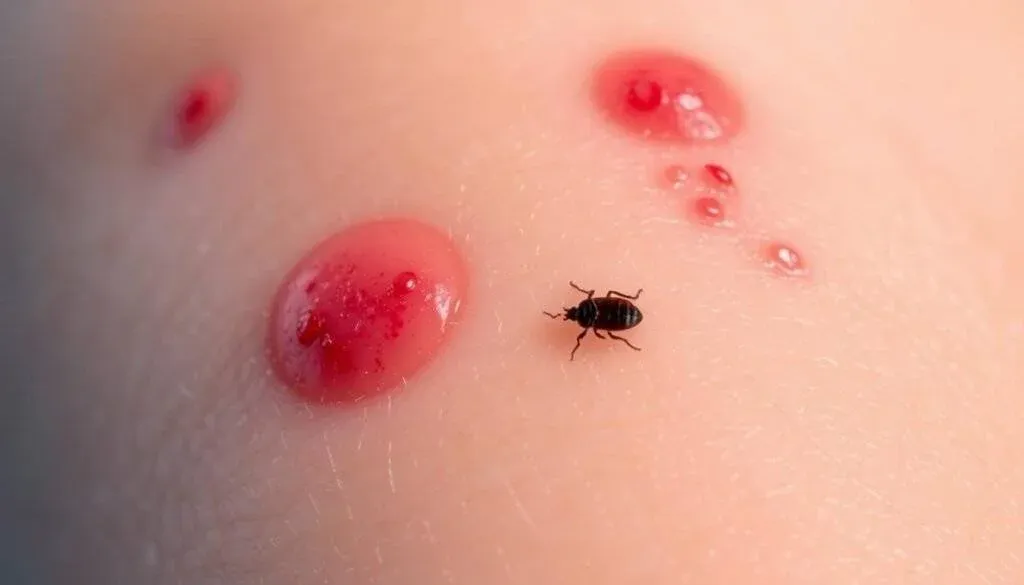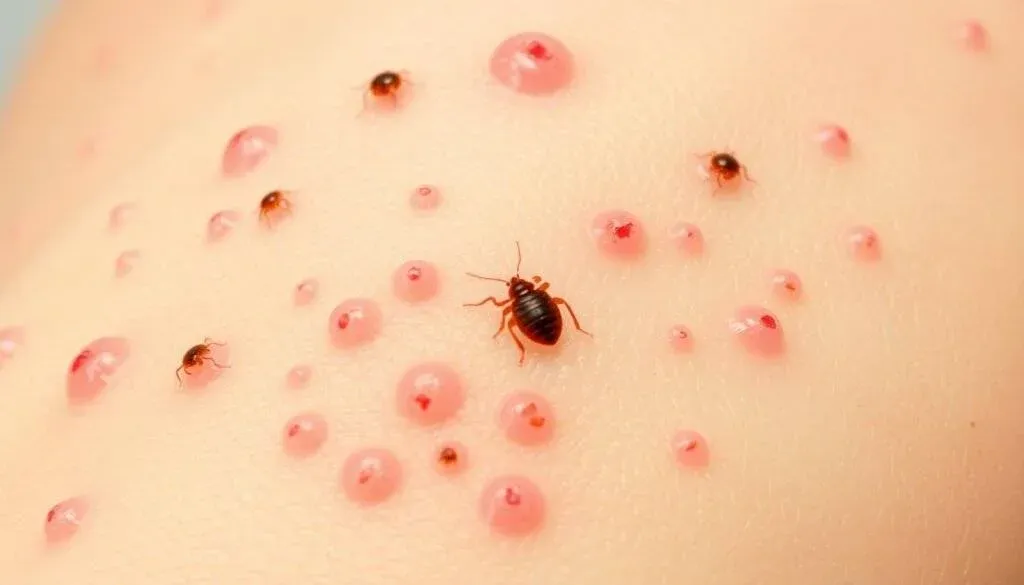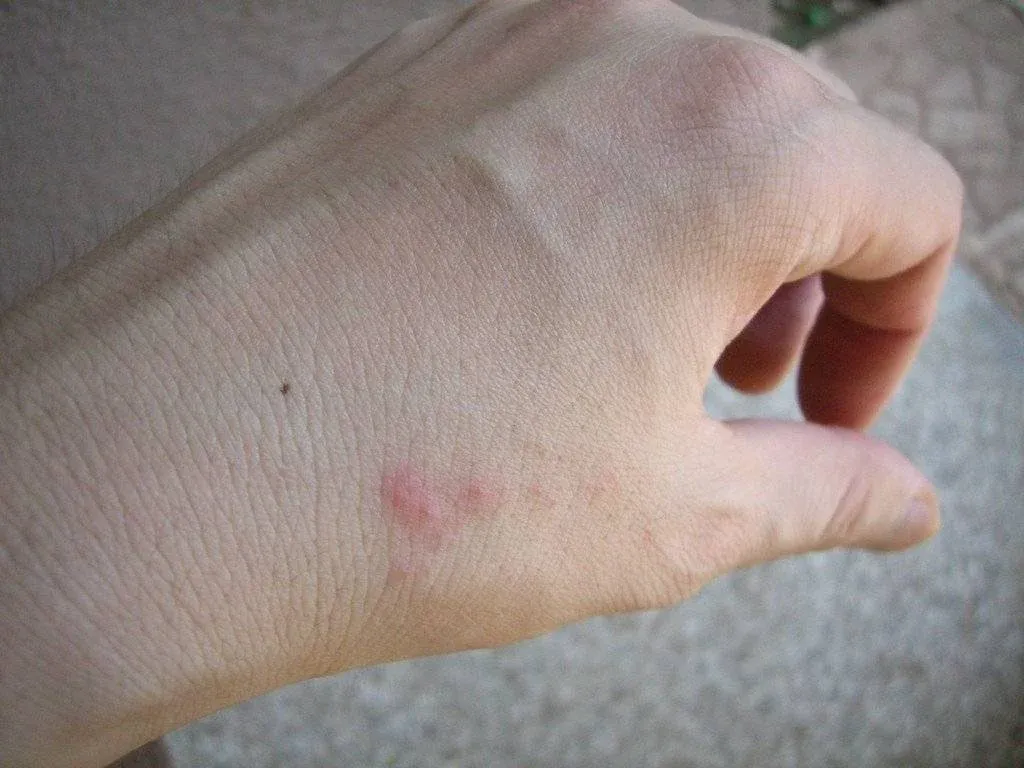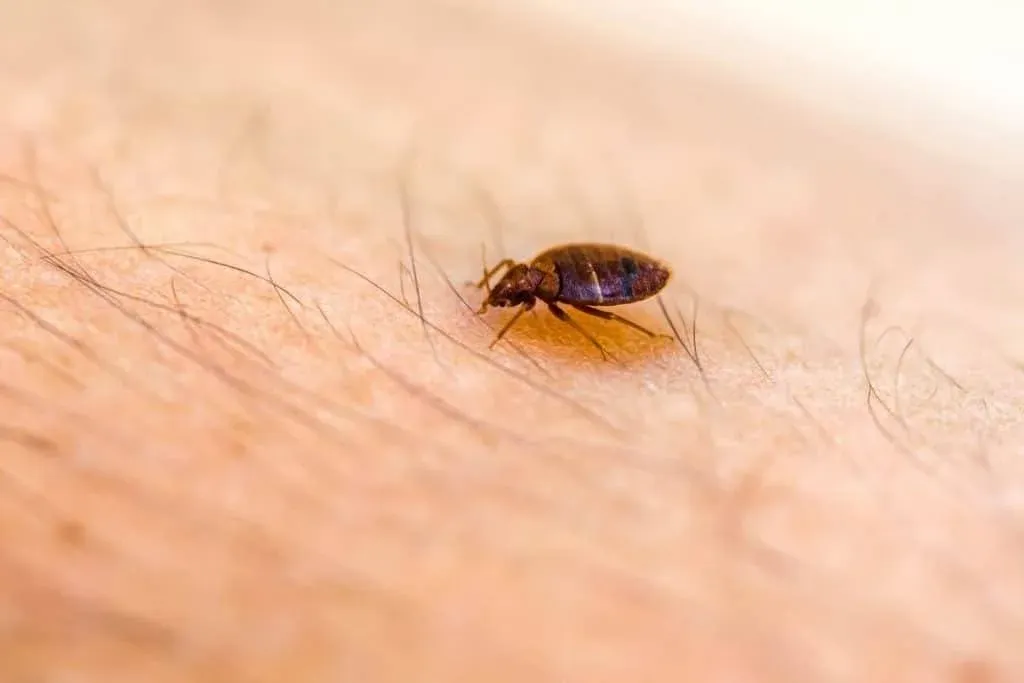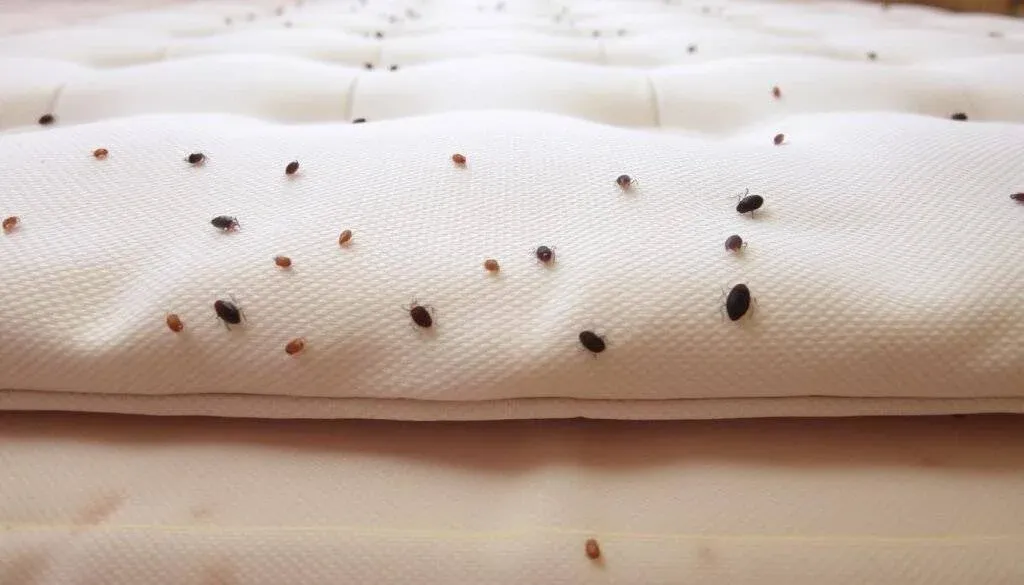Bed bugs are pesky little insects that hide in mattresses, furniture, and cracks in walls. Their bites may not transmit diseases, but they often leave red, itchy welts that can cause serious discomfort. While some bites heal on their own, many people look for quick relief. That’s where finding the best ointment for bed bug bites becomes essential.
Why Do Bed Bug Bites Itch So Much?
When a bed bug bites, it injects a small amount of saliva that prevents blood from clotting while it feeds. The body reacts to this saliva, triggering redness, itching, and swelling. For some people, the reaction is mild, but others may experience intense irritation. Using the best ointment for bed bug bites helps reduce itching, minimize swelling, and speed up recovery.
Symptoms That Require Ointment Treatment
Not every bite needs medical ointment. However, you should consider applying one if you notice:
Persistent itching that disrupts sleep.
Swelling and redness that spreads.
Small blisters or welts.
Secondary infections from scratching.
Choosing the best ointment for bed bug bites can prevent these symptoms from getting worse and provide fast relief.
Over-the-Counter Ointments for Bed Bug Bites
Several effective creams and ointments are available at pharmacies. Some of the most recommended include:
Hydrocortisone Cream – A popular choice that reduces inflammation and itching.
Calamine Lotion – Soothes irritation and helps dry out blisters.
Antihistamine Creams – Works by calming allergic reactions caused by bites.
Antibiotic Ointments – Prevents infection if scratching has broken the skin.
Topical Analgesics – Numbs the bite area to relieve pain and itching.
These are often considered the best ointment for bed bug bites because they provide targeted relief.
Natural Alternatives for Bed Bug Bite Relief
If you prefer natural remedies, there are soothing alternatives to chemical creams:
Aloe Vera Gel – Provides cooling relief and speeds healing.
Tea Tree Oil (Diluted) – Reduces itching and prevents bacterial infections.
Coconut Oil – Moisturizes the skin and helps reduce irritation.
Witch Hazel – Acts as an astringent and calms inflammation.
Honey – Has natural antibacterial properties that protect the skin.
While not always labeled as the best ointment for bed bug bites, these natural options can be highly effective.
How to Apply Ointment on Bed Bug Bites
For maximum effectiveness, follow these steps:
Clean the area – Wash bites with mild soap and water.
Pat dry – Avoid rubbing the skin, as it worsens irritation.
Apply a thin layer of the chosen ointment directly to the bites.
Avoid scratching after application, to allow the cream to work.
Reapply as instructed on the product label or by your doctor.
Correct use ensures the best ointment for bed bug bites delivers quick results.
When to See a Doctor
While most bites heal at home, seek medical help if you experience:
Severe allergic reactions.
Spreading redness and pus-filled blisters.
Fever or flu-like symptoms.
Multiple infected bites.
In these cases, a doctor may prescribe a stronger medication than the best ointment for bed bug bites you can buy over the counter.
Preventing Bed Bug Bites in the Future
Even the best ointment for bed bug bites only treats symptoms—it doesn’t stop future bites. Prevention is key:
Wash bedding in hot water weekly.
Vacuum furniture and carpets regularly.
Seal cracks in walls and furniture.
Use bed bug-proof mattress covers.
Contact pest control if you notice infestations.
By preventing bed bugs from entering your home, you won’t need ointment as often.
Final Thoughts
Bed bug bites are irritating but manageable. The key to fast recovery is finding the best ointment for bed bug bites that suits your needs. Whether you prefer hydrocortisone cream, calamine lotion, or natural remedies like aloe vera, the right treatment can make a big difference. Combine this with good hygiene and prevention, and you can keep your skin healthy while avoiding further discomfort.


